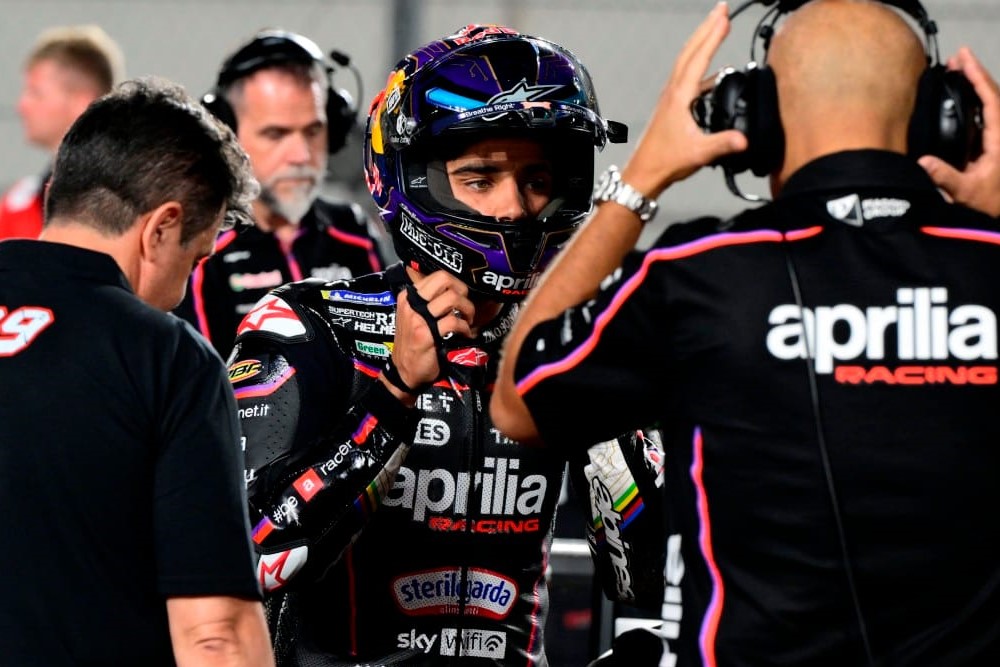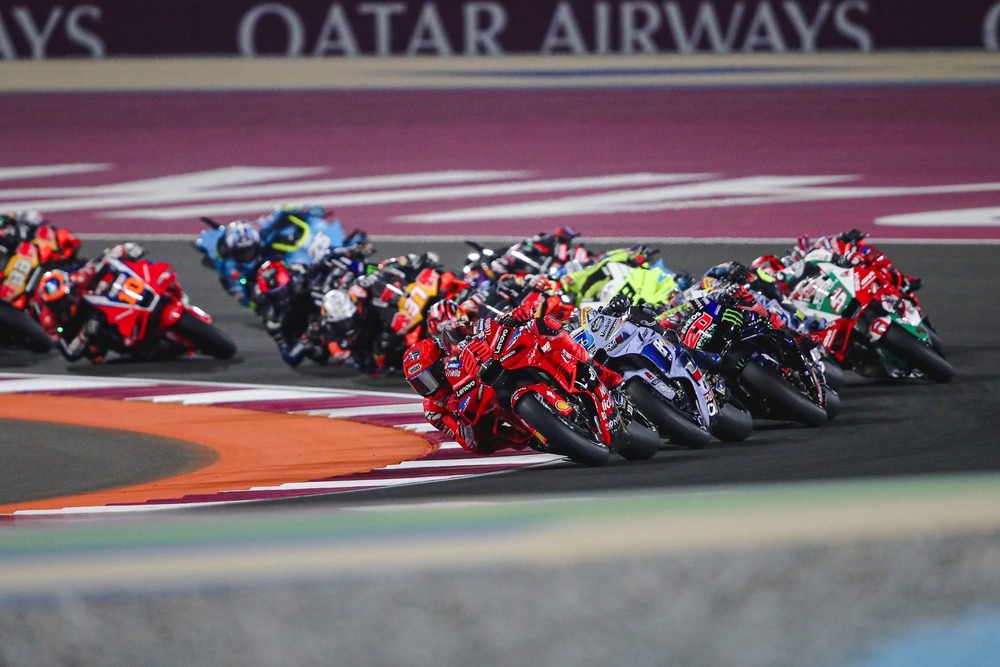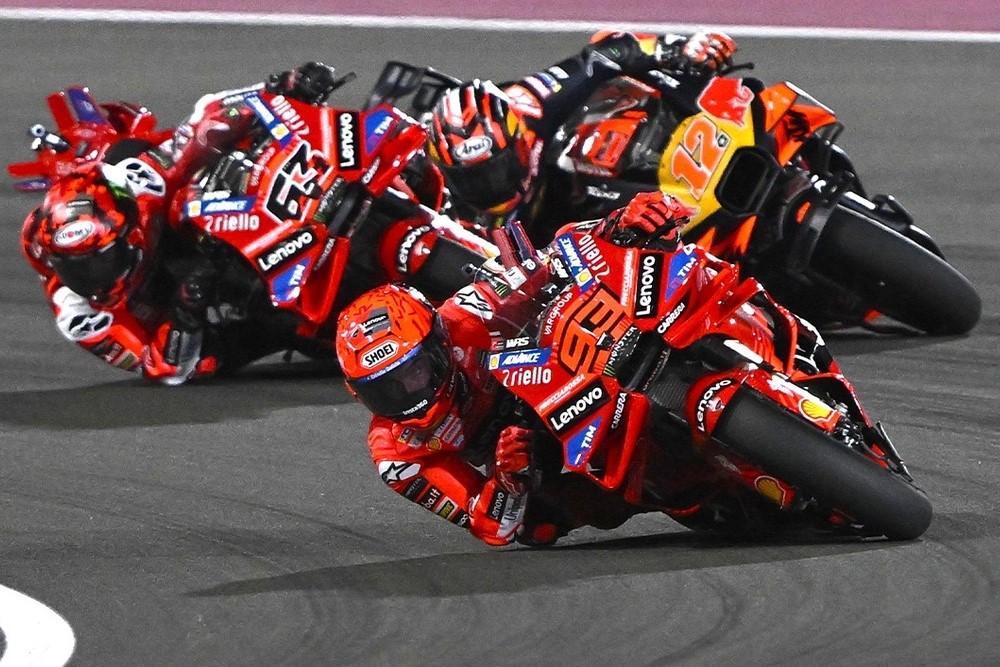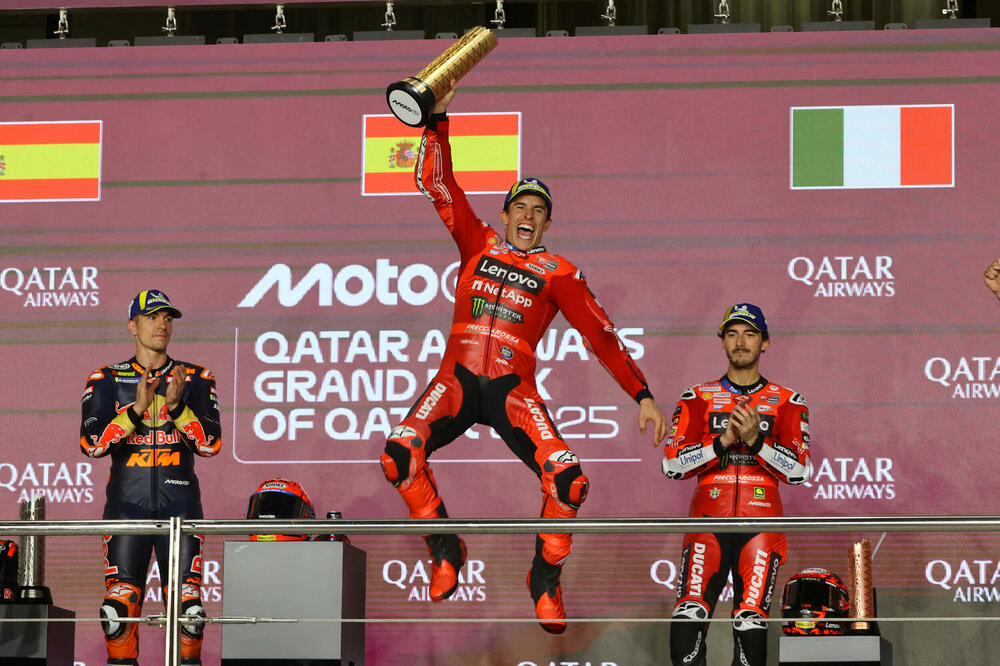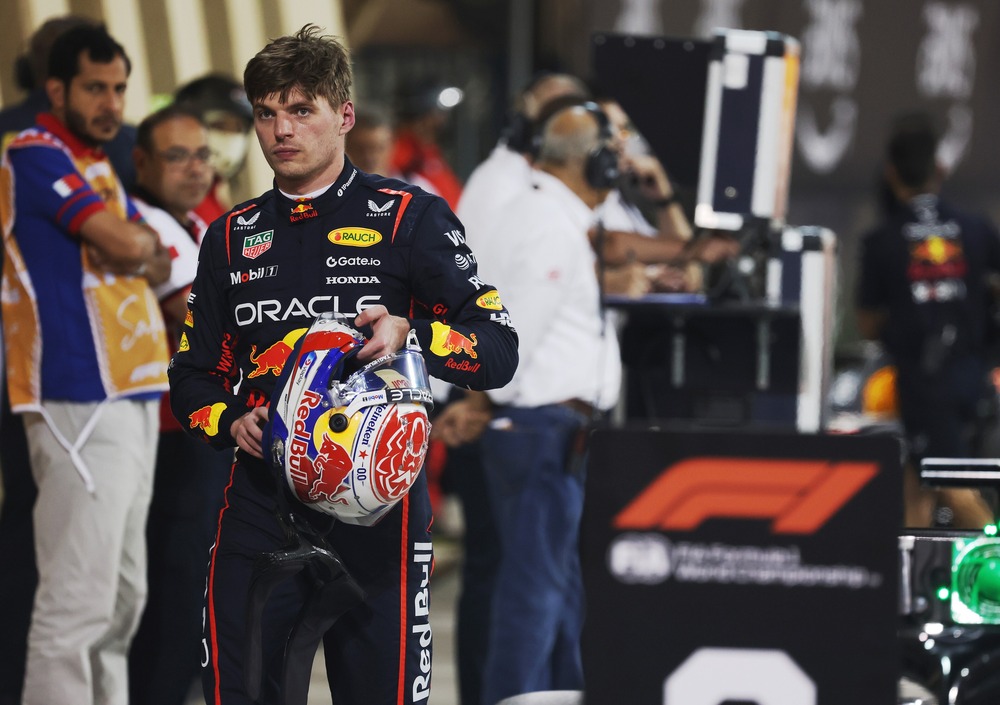BMW has further raised speculation of a potential MotoGP entry in 2027 by acquiring Suzuki’s GSX-RR data for a reported €18 million.
The German manufacturer has recently made headlines by acquiring the GSX-RR data from Suzuki, a move that has sparked speculation about the BMW MotoGP project and its potential entry into the championship in 2027.
It is believed that the automaker has worked out a deal to buy all of Suzuki’s data from its last few seasons in MotoGP after winning the 2020 MotoGP world championship before abruptly exiting the sport at the end of 2022.
According to reports, Suzuki’s GSX-RR inline-four MotoGP bikes, which were raced by Spanish duo Joan Mir and Alex Rins in its last seasons have data that BMW is reportedly paying €18 million for. The bike was known for its excellent handling and balance, attributes that the latter will likely want to replicate on their own machine.
This suggests that either BMW will be present on the grid or that the manufacturer is conducting a thorough feasibility study prior to committing to taking part in MotoGP for the first time since the 1950s, when Walter Zeller finished second in the 1956 MotoGP championship behind John Surtees’ MV Agusta while racing a flat-twin RS500.
In modern day motorsport, data is essential to all aspects of the sport, from design and development to race planning and setup work during MotoGP practice.
MotoGP hasn’t changed much since Suzuki’s last data transfer, which was at the 2022 season finale at Valencia, where Rins won. Obviously, there have been countless detail changes, with the major one being Michelin’s incredibly gripping 2024 rear tyre and updated front slick.
For BMW engineers, importing copious amounts of data from a winning bike will provide a significant time-saving measure and enable them acquire valuable insights into the components and equipment needed for success in MotoGP.
Additionally, it is far preferable to start the project with a considerable amount of the purest information from a strong team using an impressive bike than it is to start from scratch, regardless of whether the data is two years old.
Any racing project always begins with the engine configuration because it determines the overall bike architecture. Therefore, the Munich-based company’s decision to go with an inline-four engine for its MotoGP bike highlights the reason behind the deal with Suzuki.
However, the transition will not be without hurdles. The experience gained from Suzuki’s data will be critical, especially considering past mistakes made by Suzuki, such as in 2017 when they altered the crankshaft mass, leading to a loss in performance.
The chassis design comes next. Since BMW hasn’t competed in MotoGP for seven decades, it only has knowledge from its fifteen years of racing in World Superbike, an entirely different sport from MotoGP.
The most important thing BMW needs to learn is how to tailor the chassis stiffness. This involves mixing a lot of lateral flex, which allows the bike to flex while it is on its side in turns, with a lot of longitudinal rigidity, which improves the bike’s grip and turning abilities.
The GSX-RR was the best handling bike on the grid, therefore Suzuki’s statistics will be very helpful in this situation. However, Suzuki’s data will not be guiding BMW much about downforce aerodynamics because the GSX-RR had the least amount of aero on the grid and won races instead by relying on excellent chassis balance and good torque distribution.
Nevertheless, BMW engineers, who have already worked on downforce aero on the M1000RR WSBK machine, will still benefit from Suzuki’s computational fluid dynamics (CFD) data. In any case, a significant aerodynamic revamp is required of all MotoGP manufacturers because starting in 2027, downforce aero will be significantly reduced.
Another critical aspect of BMW’s MotoGP ambitions will be the recruitment of top-tier riders. Historically, the success of a racing project is often tied to the talent of its riders and the Marque’s recent investment in star rider Toprak Razgatlioglu has paid off handsomely.
While challenges remain, including adapting to the unique demands of MotoGP and ensuring they have the right talent in place, this move demonstrates BMW’s commitment to becoming a formidable player in the world of motorcycle racing.
As the 2027 season approaches, all eyes will be on BMW to see how they utilize the insights gained from Suzuki’s data and whether they can make a successful transition into the premier class of motorcycle racing.


